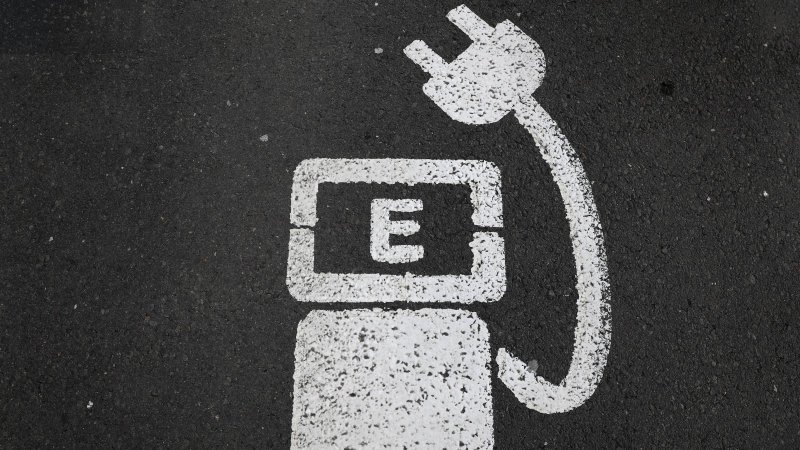Germany ready to back another electric car battery consortium in Europe

European states are discussing the creation of a second European battery cell production consortium, the German economy ministry said on Friday, as carmakers prepare to launch a raft of new electric cars at the Frankfurt Auto Show next week. Europe's auto industry is promoting zero-emissions cars as a way to comply with clean air rules, a strategy shift which forces carmakers to retool their supply chains to build electric, rather than combustion-engined cars.
Germany's Economics ministry said it is making 1 billion euros in subsidies available to help enhance and preserve the automotive value chain in Germany and Europe.
"Germany and Europe need to develop and build competitive, innovative and environmentally sustainable battery cells," German economy minister Peter Altmaier said in a statement on Friday.
Germany is in talks with the European Commission and other European Union member states about finalizing two "Important Projects of Common European Interest," and German companies are set to play a leading role in both projects, the ministry said. A spokeswoman declined to give names of companies potentially taking part but added that German companies play important roles in both production consortia.
Among the German companies involved are BMW, BASF, Varta, and BMZ, German daily Handelsblatt reported, citing sources.
Altmaier said in June he expected there would be eventually probably three battery cell groups.
On Friday, Volkswagen said it will invest 900 million euros in a joint venture with Sweden's Northvolt AB to build a battery plant with an annual capacity of 16 Gigawatt hours in Salzgitter, Germany.
Volkswagen will take a 20% stake in Northvolt and the German battery plant is due to commence production in 2020. Volkswagen Group alone has a demand of more than 150 Gigawatt hours from 2025 in Europe. VW will launch almost 70 electric models in the next 10 years and expects to build around 22 million electric cars in the next decade as part of a 30 billion euros investment push by 2023.
The market for electric vehicle battery cells is currently dominated by Asian companies including Korea's Samsung SDI, LG Chem, SK Innovation, China's CATL and Svolt, as well as Panasonic in Japan.
Verwandte Nachrichten
